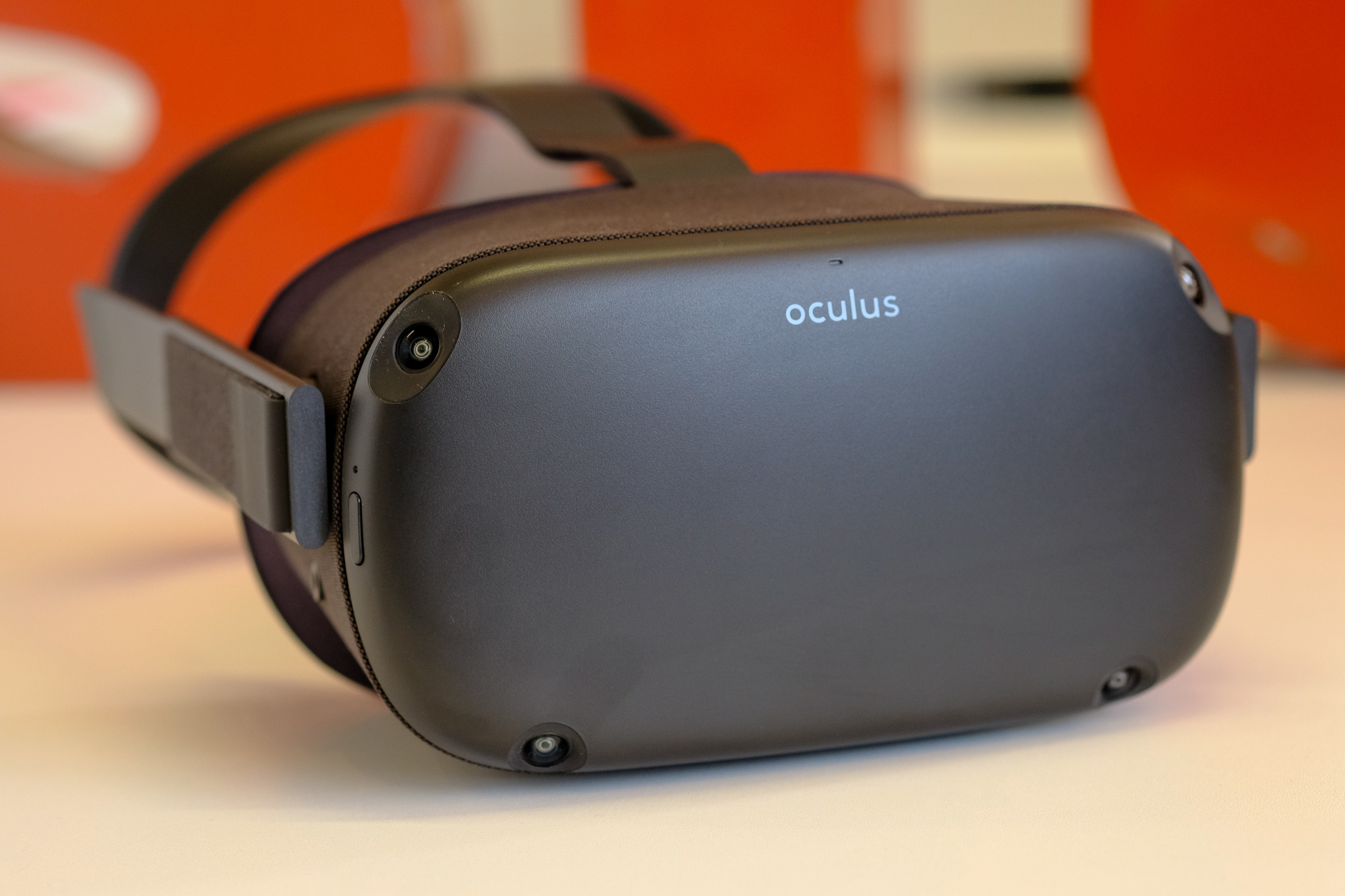Samsung’s gearing up for another phone launch
 Every time you feel that Samsung’s ‘just launched a phone’, it hits back with another phone. The retail lifecycle of Samsung devices seem to be speeding up, and it feels like we can’t keep track anymore. This year, we saw the company launch the S20-range, followed by the Note 20 and the S20 FE not long after. That’s not even accounting for the midrange and budget devices along the way.
Every time you feel that Samsung’s ‘just launched a phone’, it hits back with another phone. The retail lifecycle of Samsung devices seem to be speeding up, and it feels like we can’t keep track anymore. This year, we saw the company launch the S20-range, followed by the Note 20 and the S20 FE not long after. That’s not even accounting for the midrange and budget devices along the way.
Now Samsung’s gearing up to launch its next flagship range in January. If you haven’t been keeping track — that’s a mere three months from now. According to leaker Steve Hemmerstoffer or @OnLeaks on Twitter, Samsung will launch its new flagship devices in January 2021. We’re expecting a standard version and an Ultra version, while a Plus variant may be on the lineup. We don’t quite know what they’ll be called at this point — we may see them branded either S21 or S30, depending on how Samsung is feeling that day. The leaker calls the devices the S21’s in this instance, however. But we’re keeping an open mind on this one. What makes this leak interesting, though, is the addition of actual renders of the upcoming phones. Not many details of internal specs were provided, but the base model will come with a 6.2in, flat display while the Ultra variant will sport a 6.7 to 6.9in display. The renders depict a very Samsung-esque camera array around the back (they’re getting bigger by the day), as well as a punch-hole selfie cam up front.
We don’t know what Samsung’s game is, pushing this many new devices into the market in such a short period of time, but it’s possible the company saw an opportunity with Huawei’s lack of GMS and is trying to flood the market with Samsung devices.
Source: The Verge
Facebook is locking people out of their Oculus headsets
 The second generation of Facebook’s Oculus headset launched recently, and one thing you expect to work with a brand new VR headset is… well… logging in. One of the most controversial changes that came with the recent generation, is that the company forces users to use a Facebook account to log in.
The second generation of Facebook’s Oculus headset launched recently, and one thing you expect to work with a brand new VR headset is… well… logging in. One of the most controversial changes that came with the recent generation, is that the company forces users to use a Facebook account to log in.
Now it looks like many users are reporting issues with the new feature, citing login issues linked to the Facebook accounts. Even though the Quest 2 offset substantial upgrades from its predecessor as a standalone VR headset, we all know how software issues can take away from the whole experience. Facebook confirmed the issue, saying that a ‘small number’ of users were experiencing the issue in a tweet on its Oculus account. It looks like “… users complained that they had been suspended for unclear reasons while they were trying to set up the Quest 2. One poster on the Oculus subreddit, for instance, described getting banned after creating a Facebook page for the first time and merging it with an existing Oculus account,” The Verge details. We get it — not all gamers want to use their real names in gaming situations, but with the Facebook account integration, it requires users to use their real names/Facebook accounts. Also linking existing Oculus accounts with Facebook accounts seem to bear some issues. We’re not convinced this is a foolproof system.
This whole situation seems like something that Facebook could have avoided by keeping Oculus sign-in on its new devices. Linking a social media account that not every person is bound to have, is some form of extortion. Hopefully, Facebook decides to drop the whole system.
Source: The Verge
Look at this adorable dog-selfie-booth made entirely out of Lego
 You’ve probably seen some of her wacky robot experiments online, but Simone Giertz is back with another wacky invention, this time, however, it features the goodest girl.
You’ve probably seen some of her wacky robot experiments online, but Simone Giertz is back with another wacky invention, this time, however, it features the goodest girl.
Giertz is the self-proclaimed Queen of Shitty Robots, and has published videos online of her useful-but-useless robotic designs and inventions. It’s extremely entertaining to watch her stupid robotic arm try to pour milk into her cereal bowl, and there’s even more to keep your fears of AI taking over at ease. Now, she has gone and designed a selfie photo booth built entirely out of Lego for her dog Scraps. She made use of a Lego Mindstorms kit and Lego bricks — just a PSA that the video was sponsored by Lego — and it is made up of a little booth with a rigged pedal, a distance sensor as well as a circuit board that connects to a dispenser that drops a treat and snaps a photo whenever the dog presses the pedal. “She says she got the idea for the dog photo booth when she was trying to teach Scraps to scroll on a phone with her paw and take photos of herself. Because who among us has not tried to get our dogs to take selfies?” The Verge explains.
Honestly, we just wish we could get our dogs to sit before getting a treat, and this one has its own Lego selfie booth to hang out in. What different worlds we live in.
Source: The Verge
The AI tool can apparently translate your voice
 One thing many content creators can agree on, is the fact that one language-streaming can limit your audience. Even English content is limited to only English speakers, which is why this company has created a tool to help people with that — it’ll translate your words in your voice into a different language using AI.
One thing many content creators can agree on, is the fact that one language-streaming can limit your audience. Even English content is limited to only English speakers, which is why this company has created a tool to help people with that — it’ll translate your words in your voice into a different language using AI.
If you’ve ever used a translation tool, usually the translated words are spoken in another voice. Given how many different combinations there are in terms of words, phrasings, and sentences, it makes sense to use a computer-generated voice. However, a company called Resemble AI believes that they might have a way to address that. The company has developed an AI-based translation tool called Localize. According to them, it will translate words using your voice. This means that if you’re translating a sentence from English to French, the French translation could actually sound like you. Weird. The implications of such technology are huge as it could open the door to a variety of uses. Thing is, this could even be applied in movies, where it would render dubbing with actors’ voices useless. If this AI tool works well enough, the use cases would be impressive. “The implications of Localize are intriguing. For instance, if it translated audio from Dune, Timothée Chalamet could sound like himself even in the German or Italian versions — whenever that movie actually makes it to theatres, anyway,” Engadget reports.
We haven’t used the tool ourselves, but we’re keen on seeing it out in the wild on platforms like Twitch and Youtube. Many creators will be able to increase their reach just by including a different language, even if it is just English.
Source: Engadget




